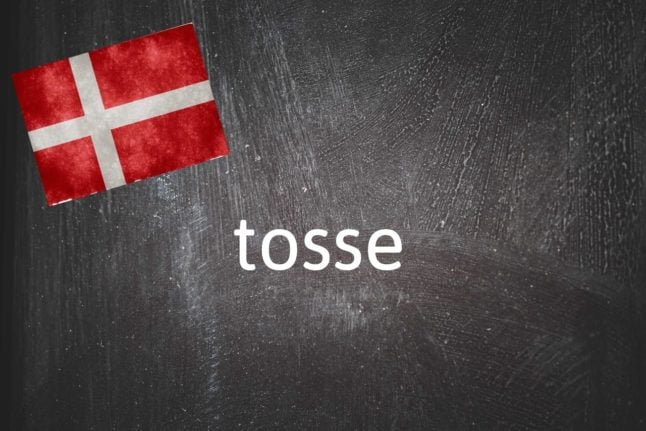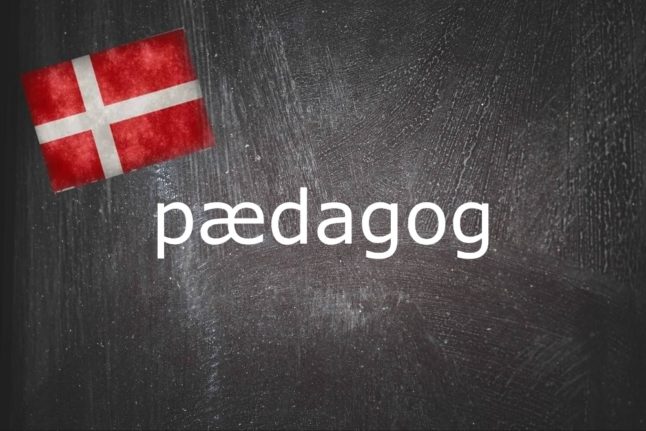What is tosse?
A noun, tosse — plural, tosser — can variously be translated to fool, idiot, weirdo or simpleton, and is as insulting and/or offensive as any of these words, depending on context.
In a compound with the Danish word for village (landsbytosse), it literally means village idiot.
When it is coupled with another word, it can mean someone who is behaving in a stupid or irrational manner over a particular subject.
This was demonstrated a few years ago when right wing politician Pia Kjærsgaard was ridiculed for calling people who consider climate change an important issue (that’s a lot of people in Denmark) klimatosser or “climate nuts”. The remark backfired due to the broad acceptance of climate change as being a serious matter.
It doesn’t have to be used discourteously. Calling someone a fodboldtosse, for example, simply means they are crazy about football.
Why do I need to know tosse?
If you live in Denmark, there’s a good chance you’ll have seen tosse or one of its compound nouns being thrown around at some point as a derogatory remark.
But the word itself is not actually as rude as it might seem to English speakers (particularly British readers, who will be used to the more offensive connotations of the English-language homonym).
There are plenty of ways of employing tosse without seeking to degrade people you don’t like — it can easily be used to spread the love.
You can also use it as a present-perfect tense verb where it literally means “have gone crazy”, but is used to say, “am crazy about” or “am in love with”: Jeg er tosset med dig therefore means “I’m crazy about you”.
Examples
Hun er sådan en Sopranos-tosse, så hun var helt oppe at køre over den nye film.
She’s crazy about The Sopranos, so she was very excited about the new film.
Jeg er helt tosset med Ed Sheerans nye album.
I just love Ed Sheeran’s new album.



 Please whitelist us to continue reading.
Please whitelist us to continue reading.
Member comments